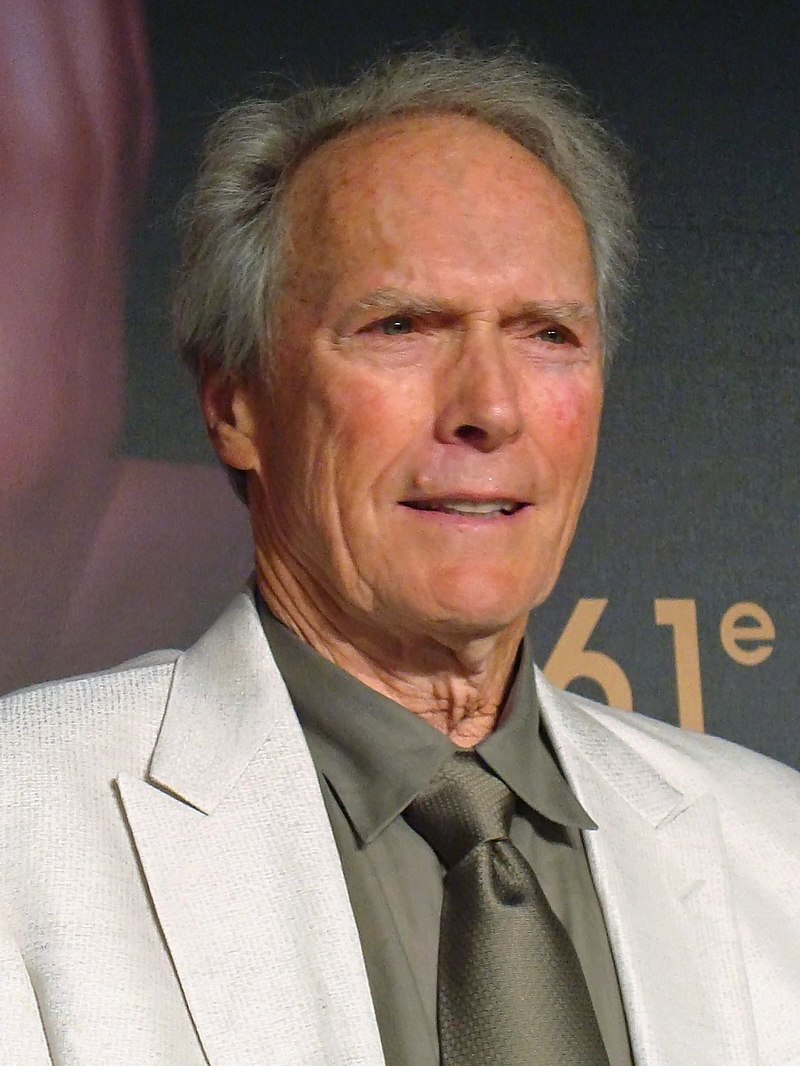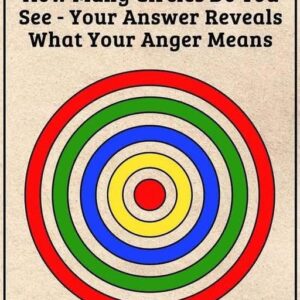Clint Eastwood is not dead. He wasn’t dead in 2017, either.
However, that hasn’t stopped a variety of people from claiming to be him to everyone, and other people from accepting that claim.

In recent days, the hoax has spread across Facebook and other social media platforms, presumably as a result of a plausible-looking but untrue rumor that the actor has passed away.
Eastwood is the most recent celebrity to fall victim to a “death hoax,” in which unverified rumors of their passing circulate online. Even though the person is still very much alive, they are suddenly considered dead and mourned.
Why did people think Eastwood was dead?
To put it briefly, because others were telling them so. Numerous accounts circulated online claiming the actor’s passing, which were subsequently re-posted by other individuals who had left condolence messages.
This time around, it’s unclear where the scam started. However, they quickly assumed the appearance of authentic news articles, occasionally employing the layout of reputable official websites to lend credibility.
People seemed to be doubting it as soon as it happened, as seen by the range of tweets on Twitter that questioned whether it could be true. However, this just served to accelerate its spread.
Hasn’t this happened before?
Sure, to a tonne of well-known people. Eastwood, among others, was purportedly pronounced deceased in 2017.
These types of hoaxes are not new; they predate the internet by a long shot. They frequently come and go, with some people being more vulnerable to them than others for unknown reasons.
Why are death hoaxes so common?
Simply put, because readers desire to read them. For obvious reasons: the death of Clint Eastwood would make headlines. The fact that he hasn’t deters people in any way.
Faking it is also advantageous because, in contrast to many other claims, it cannot be immediately refuted unless you are present with the other person. For example, when Sylvester Stallone was the target of a similar hoax, it began overnight US time, meaning that he and his representatives were not awake and thus could not verify its veracity and disprove it.
For this reason, Stallone and his brother didn’t get online and verify that he was still alive until the evening after it started.
Of course, there are a variety of other popular hoaxes and literary devices that their authors utilize. However, none of them have endured as long as the death hoax, for those two reasons alone, as well as undoubtedly a plethora of others.
What do people get out of them?
It’s all about interacting with people, just like a lot of other things on the internet. The problem with these is that they make use of something wholly untrue.
Pages are free to do with users’ data once they are on the site and trying to read the news. For example, the last hoax involving Sylvester Stallone appeared to have originated from a website that required visitors to complete a survey so that the answers could be sold.
Of course, there are other individuals who, for unknown reasons, purposefully or accidentally spread the tale. This time, the death hoax took off on social media platforms like Instagram. While some might do it out of a genuine belief in it, others might only be motivated by the desire to deceive and upset others.





